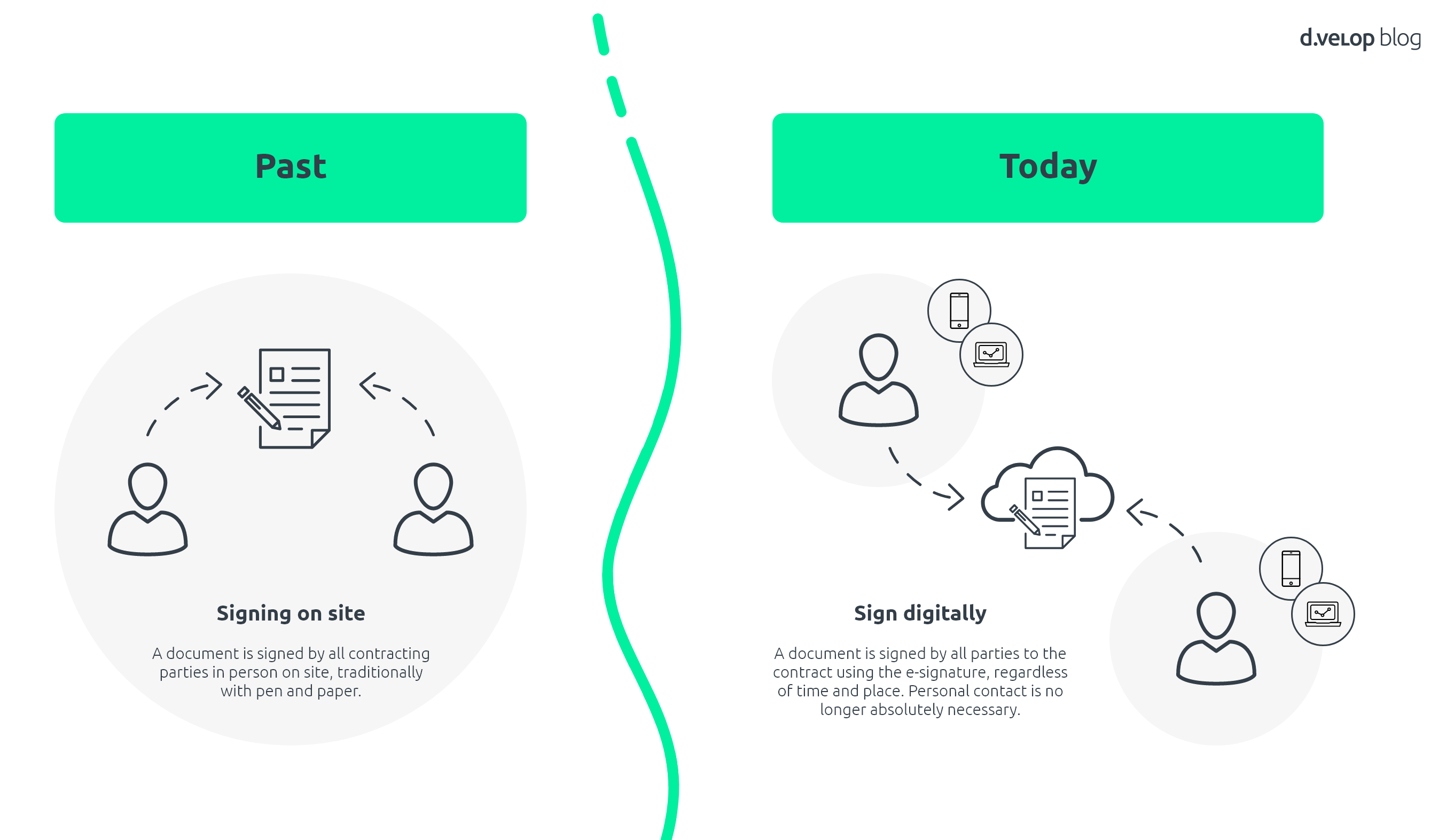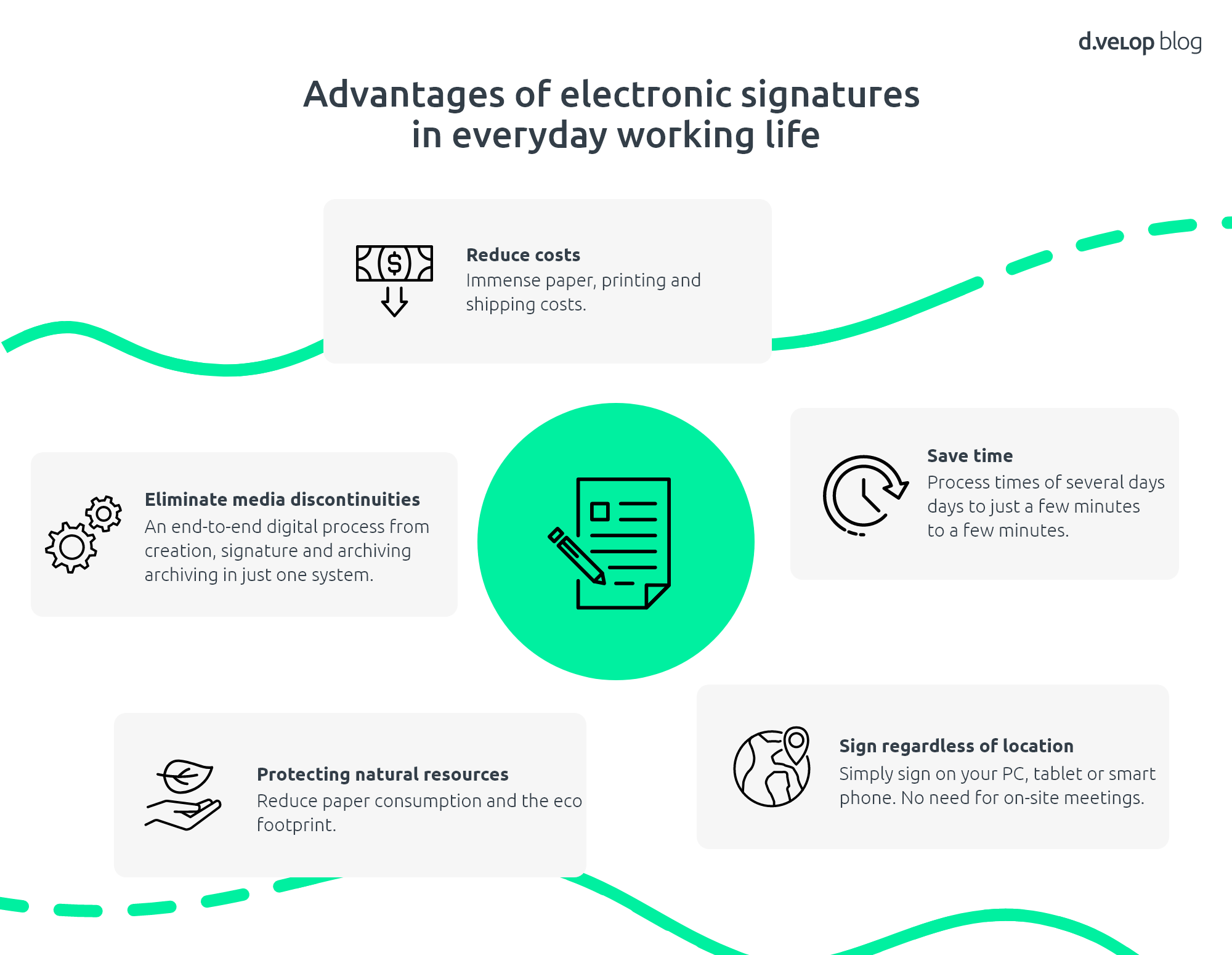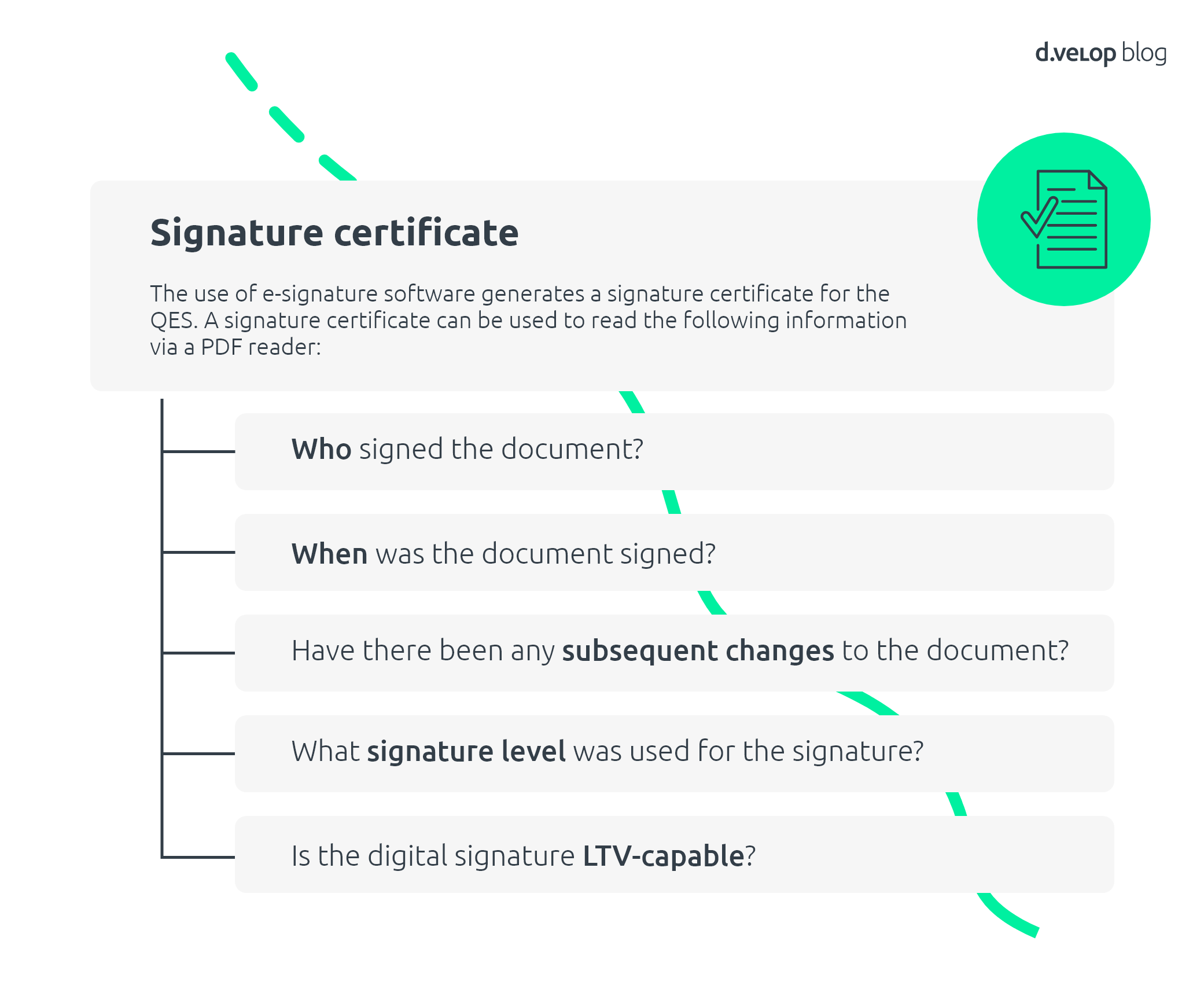Digital signature software is revolutionizing the way businesses handle document verification and security. This advanced technology ensures the authenticity and integrity of digital documents, offering a reliable alternative to traditional handwritten signatures. By employing cryptographic algorithms, digital signature software provides a secure method for signing and verifying documents, making it indispensable for modern enterprises. Its applications span across various departments, enhancing efficiency, reducing costs, and ensuring legal compliance. As more organizations transition to digital processes, understanding the benefits and functionalities of digital signature software becomes crucial. This article delves into everything you need to know about this essential tool.

What is a digital signature software?
A digital signature software is an essential tool in today’s digital landscape, providing a secure and efficient means of verifying the authenticity and integrity of digital documents. Unlike traditional handwritten signatures, digital signatures are created and verified using cryptographic algorithms, ensuring that the signer’s identity is authenticated and the document has not been altered since the signature was applied.
Digital signature software employs public key infrastructure (PKI) technology, which involves a pair of keys – a private key used to create the signature and a public key used to verify it. When a document is signed digitally, the software generates a unique digital fingerprint, or hash, of the document. This hash is then encrypted with the signer’s private key to create the digital signature. The recipient of the document can use the signer’s public key to decrypt the hash and compare it with a newly generated hash of the received document. If the hashes match, it confirms that the document is genuine and has not been tampered with.
What are the advantages of digital signature software?
Digital signature software offers a myriad of benefits that streamline and secure digital transactions, making it an indispensable tool for modern businesses. Here are the key advantages of using digital signature software:
- Enhanced Security: One of the primary advantages of digital signature software is the enhanced security it provides. Utilizing cryptographic algorithms, digital signatures ensure the authenticity and integrity of documents. This technology minimizes the risk of forgery and tampering, offering a secure method for signing and verifying documents.
- Increased Efficiency: Digital signature software significantly boosts efficiency by automating the signing process. This eliminates the need for physical document handling, reducing the time spent on printing, signing, scanning, and mailing documents. As a result, businesses can complete transactions faster and more efficiently.
- Cost Savings: By transitioning to digital signature software, organizations can achieve substantial cost savings. The reduction in paper usage, printing costs, and postal expenses leads to significant financial benefits. Additionally, the streamlined processes reduce administrative overhead, further enhancing cost efficiency.
- Legal Compliance: Digital signatures are legally recognized in many countries, making digital signature software a critical tool for compliance. The software ensures that digital signatures meet legal standards, providing a reliable and legally binding method for signing documents. This compliance is crucial for industries such as finance, healthcare, and real estate.
- Improved Workflow: Integrating digital signature software into business processes improves workflow and collaboration. Documents can be signed and shared in real-time, enabling seamless collaboration among team members, clients, and partners. This improved workflow leads to faster decision-making and project completion.
- Environmental Benefits: Adopting digital signature software contributes to environmental sustainability. By reducing the reliance on paper, businesses can decrease their environmental footprint. This not only supports corporate social responsibility initiatives but also appeals to eco-conscious clients and stakeholders.
- Audit Trail: Digital signature software provides a comprehensive audit trail, recording each step of the signing process. This includes information on who signed the document, when it was signed, and any modifications made. This audit trail enhances transparency and accountability, making it easier to track and verify document history.
In summary, digital signature software offers numerous advantages that enhance security, efficiency, and compliance while providing cost savings and environmental benefits. By adopting this technology, businesses can streamline their operations and improve overall productivity, positioning themselves for success in the digital age.

Where can I use digital signature software?
Digital signature software is a versatile tool that can be utilized across various departments and branches within an organization, enhancing efficiency, security, and compliance. Here are some key areas where digital signature software can be effectively implemented:
Human Resources
In the Human Resources (HR) department, digital signature software simplifies numerous processes:
- Employment Contracts: Securely sign and store employment agreements.
- Onboarding Documents: Efficiently manage the signing of onboarding paperwork, including non-disclosure agreements and policy acknowledgments.
- Performance Reviews: Streamline the signing and approval of performance evaluations and appraisals.
Legal Department
The Legal department benefits significantly from the use of digital signature software:
- Contracts and Agreements: Ensure the authenticity and integrity of legal contracts, including partnership agreements, client contracts, and vendor agreements.
- Compliance Documents: Maintain secure and compliant records of regulatory and compliance-related documents.
- Confidentiality Agreements: Facilitate the secure signing of NDAs and other sensitive documents.
Sales Department
Digital signature software accelerates the Sales department’s workflow:
- Sales Contracts: Quickly close deals by electronically signing sales agreements and proposals.
- Order Forms: Simplify the process of obtaining client signatures on order forms and invoices.
- Customer Approvals: Obtain rapid approvals on quotations and project scopes.
Finance Department
In the Finance department, digital signature software ensures security and efficiency:
- Purchase Orders: Digitally sign and approve purchase orders, reducing processing time.
- Invoices: Streamline the invoicing process by electronically signing and sending invoices.
- Financial Reports: Securely sign off on financial statements and audit reports.
Procurement Department
The Procurement department can leverage digital signature software for:
- Supplier Contracts: Securely manage supplier agreements and procurement contracts.
- Approval Processes: Expedite the approval of procurement requests and purchase orders.
- Compliance: Ensure that all procurement activities comply with internal policies and external regulations.
IT Department
In the IT department, digital signature software aids in:
- Software Licenses: Securely sign and manage software licensing agreements.
- Service Level Agreements (SLAs): Facilitate the signing and tracking of SLAs with service providers.
- IT Policies: Ensure compliance by digitally signing IT policies and user agreements.
Executive Management
For Executive Management, digital signature software provides a secure way to:
- Strategic Documents: Sign off on strategic plans, corporate policies, and board meeting minutes.
- Shareholder Agreements: Manage and sign shareholder agreements and related documents.
- Corporate Resolutions: Facilitate the approval and signing of corporate resolutions and directives.
In conclusion, digital signature software can be employed across various departments and branches of an organization to enhance operational efficiency, security, and compliance. By integrating this technology, businesses can streamline their document management processes, reduce costs, and improve overall productivity.
Why do I need software for digital signatures?
Digital signature software is essential for ensuring compliance with legal frameworks such as the eIDAS regulation and meeting stringent legal formalities. The eIDAS (Electronic Identification, Authentication and Trust Services) regulation, implemented by the European Union, establishes standards for electronic transactions, including digital signatures, to ensure their legal validity and security across member states. Digital signature software adheres to these standards, providing a legally recognized method for signing electronic documents, which is crucial for businesses operating within or dealing with EU countries.
This software guarantees that digital signatures are both secure and verifiable, meeting the highest legal requirements. It offers a reliable way to authenticate the identity of the signer and ensure the integrity of the signed document, preventing unauthorized alterations. By using digital signature software, organizations can maintain compliance with eIDAS and other relevant regulations, avoiding legal disputes and ensuring the enforceability of their electronic agreements.
Moreover, digital signature software streamlines the process of managing legal documents, reducing the time and effort required for manual signing and storage. It enables businesses to operate more efficiently while maintaining robust legal standards. In a world where digital transactions are increasingly prevalent, having reliable digital signature software is not just a convenience but a necessity for legal compliance and operational efficiency.

How the digital signature software works
With d.velop sign, you can digitally sign documents easily and legally securely. In this step-by-step guide, you will learn how to sign a document on your tablet using e-signature software:
- Upload your document in the signature software
- Start your individual signature circulation
- Invite internal and external persons to the signature circulation
- Set the security level for signatures (simple, advanced, qualified)
- Optionally: pre-assign signature fields, text fields and other fields
- Further individualise signature circulation: Automatic reminder function, define signature sequence, write messages and comments, etc.
- Send signature circulation and track current status in real time
- After all persons have signed your document, the document is automatically made available to everyone
Digital signature software is becoming the standard in the modern working world
In conclusion, digital signature software is an essential tool for modern businesses seeking to enhance document security, streamline workflows, and ensure legal compliance. By leveraging advanced cryptographic techniques, this software provides a reliable and efficient method for signing and verifying digital documents. Its application across various departments underscores its versatility and importance in today’s digital landscape. As organizations continue to embrace digital transformation, adopting digital signature software will become increasingly critical. Understanding its benefits and functionalities will empower businesses to make informed decisions and stay ahead in a competitive market. Embracing this technology not only improves operational efficiency but also fosters trust and confidence in digital transactions.
💻Book Software Demo
Experience the power of d.velop’s software with a personalised live demo, easily requested with just a few clicks. Watch as the software comes to life before your eyes and ask any questions you may have in real-time.
